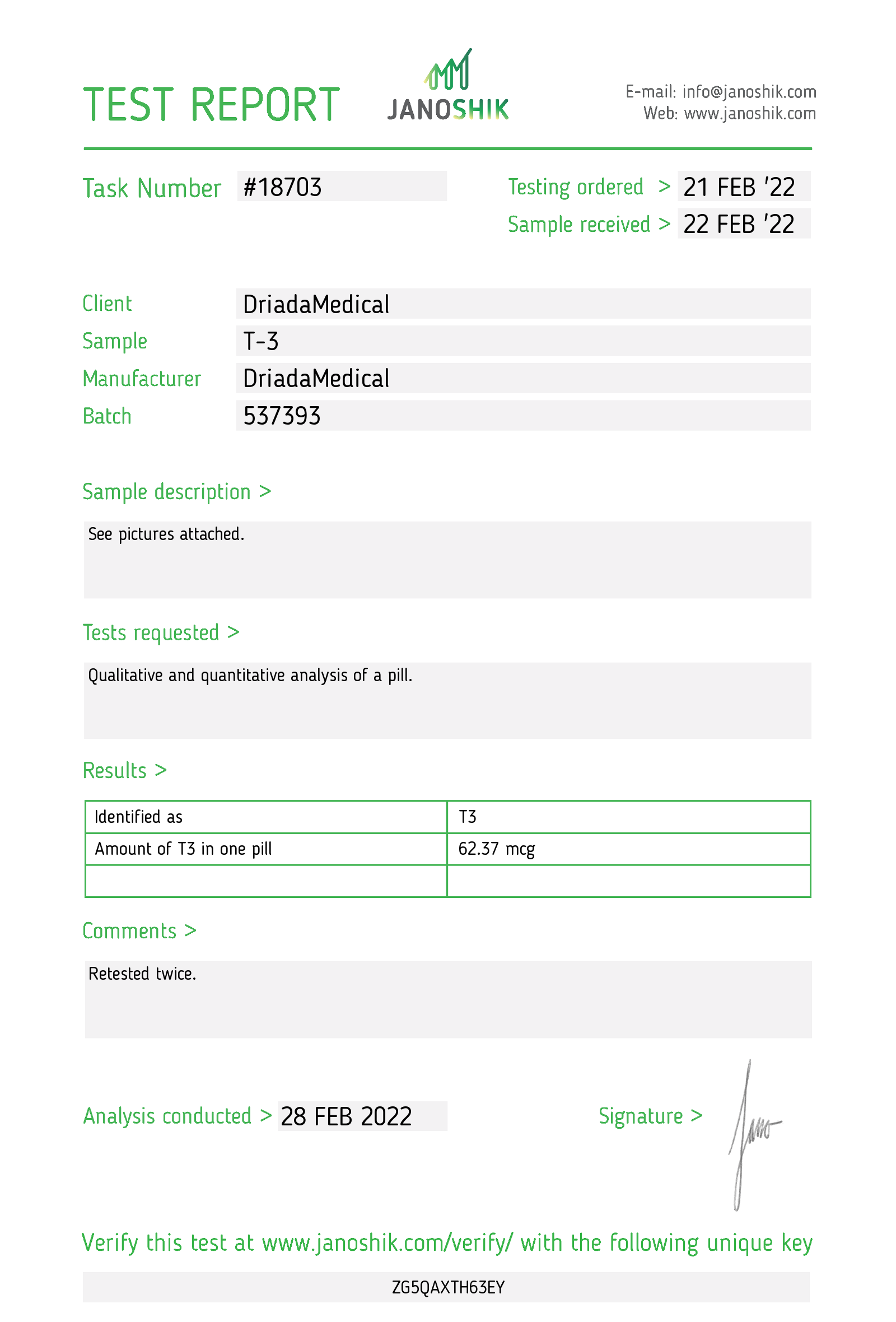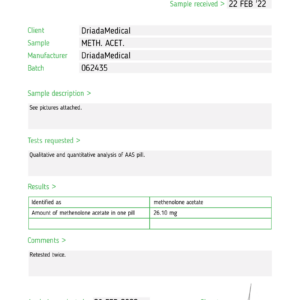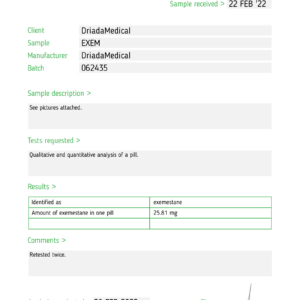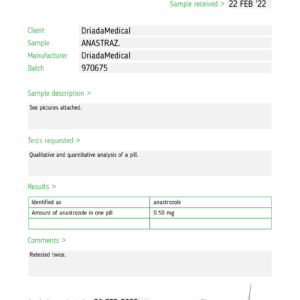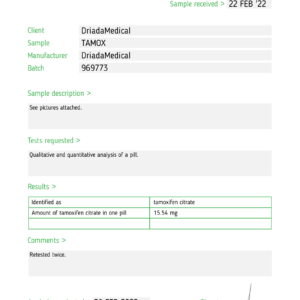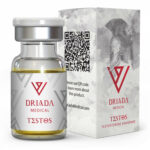Thyroid hormones are the only known biologically active substances that contain iodine. They have two important functions: in a growing body they are necessary for normal development, especially the central nervous system, and in adults they are responsible for the regulation of metabolism, acting on almost all organs and tissues, they regulate energy expenditure, its speed and volume.
To ensure these functions, the thyroid gland contains large reserves of thyroid hormones. Metabolism of thyroid hormones occurs mainly in the liver, but it is partially carried out in target tissues, for example, in the brain. The level of thyroid hormones in plasma is very finely regulated by the adenohypophysis using TSH with the participation of negative feedback mechanisms. TSH serves as a signal for the production of thyroid hormones, the main of which is T4, which can be converted to T3 mainly in tissues.
Thyroid hormones act mainly through intracellular receptors that affect the expression of certain genes.
According to modern concepts, T3 binds to intracellular receptors, which leads to a change in their affinity for T3-sensitive regulatory elements that regulate the expression of certain genes. Thus, T3 affects gene expression, and hence protein synthesis. Usually, a free receptor binds to a regulatory element and suppresses the expression of the corresponding gene, although in some cases it can activate it. By binding to the hormone, the receptor enhances expression (or, conversely, suppresses it). T4 binds to the same receptors, but its affinity for them is much lower than that of T3. However, despite the ability of T4 to bind to receptors, the effect of T4 on gene expression has not been demonstrated. So, in a sense, T4 can be considered a prohormone, since its effect on gene expression is due to the conversion to T3.
There are effective treatments for most thyroid conditions. The method of treating hypothyroidism is obvious – substitution therapy is prescribed.
For medical purposes, in most cases, T4 is prescribed. Both drugs are used in sports, but with slightly different purposes.
Triiodothyronine (T3) or (liothyronine) is essentially a thyroid hormone, which may help individuals with fat losing and have an impact during the anabolic and additionally helps in creating GH hormone in a more noteworthy way and increment the anabolism in the body other than fat losing impacts.
Т3 – often used for weight loss instead of thyroxine, they are almost identical in their mechanism of action. T3, in contrast to T4, more actively affects the biochemical pathways of protein catabolism. When both drugs are dosed to achieve the same fat loss, T3 burns much more muscle than T4. Note that T3 is formed from the T4 hormone or the thyroxine hormone as more active form of t4.
T3 – stimulates skeletal muscle growth by increasing number and diameter of the muscle fiber and plays a role in the transition of neonatal to adult myosin isoforms.
EFFECTS:
Regulates your metabolism.
Burns fat.
Increase anabolic processes and muscle growth.
Please, note that you will lose A LOT more muscle on T3 without any anabolic assistance than you would with it.
You can can find more in our online store driadamedical.shop


